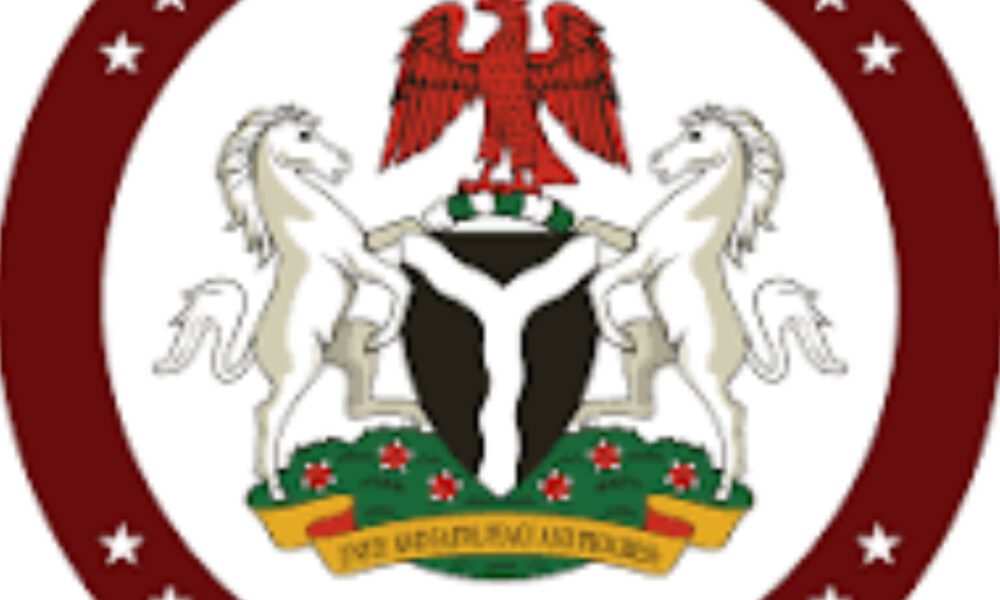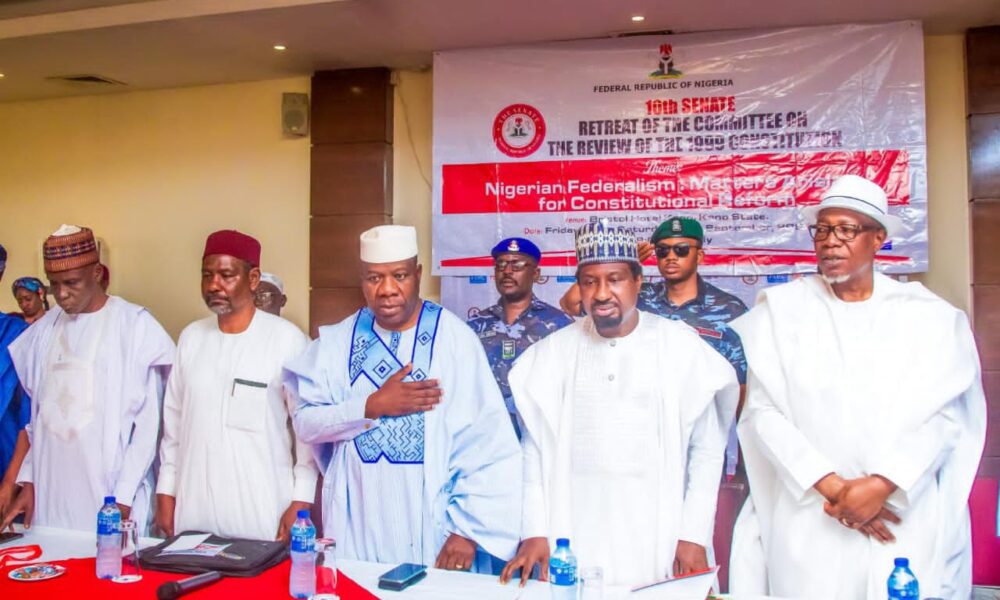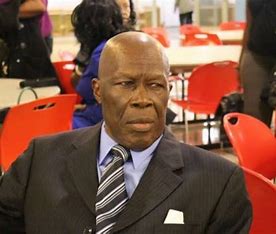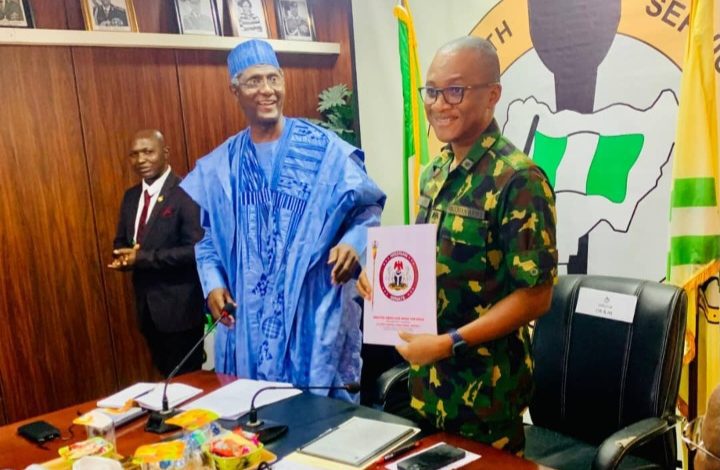The Nigerian Senate on Tuesday approved adjustments to the 2025 Appropriation Bill, correcting errors in allocations across multiple ministries, departments, and agencies to ensure fiscal accuracy and transparency.
The review process, led by Senate President Godswill Akpabio, is to ensure that the total budget remains at ₦54.99 trillion, aligning national spending with financial prudence.
The budget adjustments, presented during Tuesday’s plenary session, resulted from a final review by the Joint Committee on Appropriations.
Chairman of Appropriations Committee, Sen. Adeola Olamilekan, moved a motion to realign key budgetary allocations, addressing discrepancies in recurrent expenditure, pensions, and capital projects.
Some of the significant amendments included, ministry of Defence with adjustment from ₦2.51tr to ₦2.49tr, Ministry of Police Affairs, from ₦1.225tr to ₦1.224tr, Department of State Services (DSS) was allocated ₦24.84b, Nigeria Intelligence Agency (NIA) adjusted to ₦20.42tr and Pension Transitional Arrangement Directorate (PTAD) raised to ₦42tr.
Others are, Police Pensions and Gratuities, adjusted to ₦10.45tr, Military Pensions and Gratuities: Increased from ₦252.6b to ₦383.9b and National Pension Commission (PENCOM) which was raised from ₦529.4b to ₦804.7b

Adjustments were also made to capital expenditure allocations in key ministries such as the,
Presidency where it was Reduced from ₦144.4b to ₦142.7b, Federal Ministry of Agriculture and Food Security: Adjusted from ₦1.95tr to ₦1.83tr, Federal Ministry of Works was Increased to ₦2.19tr, Federal Ministry of Education was Reduced from ₦953.9b to ₦944.6b and Federal Ministry of Health and Social Welfare was allocated ₦1.04tr
The Ministry of Humanitarian Affairs and Poverty Alleviation got ₦289.55b
Despite these corrections, the overall budget structure remained unchanged with Statutory Transfers at ₦3.64tr, Debt Servicing: ₦14.31tr, recurrent (Non-Debt) expenditure raised to ₦13.58tr while capital expenditure was reduced to ₦23.43tr
In his intervention, Senate Deputy President of the Senate, Jibrin Barau who is also a former chairman of the Appropriation Committee in both the Senate and House of Representatives, emphasized the inevitability of minor errors in the budgeting process.
He noted that such discrepancies, often arising from clerical miscalculations or staff oversight, are typically discovered and corrected during the final scrutiny before presidential assent.
“I rise to second the motion ably moved by Senator Olamilekan, Chairman of the Senate Appropriations Committee. Having served as the chairman of the appropriation committee in both chambers, I understand that after every budget process, there are always some errors—whether clerical or computational,” Senator DPS stated.
He commended the Appropriation Committee for its diligence in identifying the errors at this critical stage, preventing the need for a post-assent amendment.
“Thank God, we have been able to discover these errors at this point before the bill has been assented to by the President. Otherwise, an amendment would have been required to correct them. I commend the chairman and members of the committee for their vigilance. The best course of action now is to move forward and get these corrections done.”
Senate President Godswill Akpabio emphasized that the amendments reflect the National Assembly’s dedication to accountability, transparency, and responsible governance. He assured Nigerians that the Senate remains committed to ensuring national resources are allocated efficiently to drive economic growth and national development.
“These changes reaffirm our commitment to fiscal responsibility and transparency. The corrections made today ensure that every kobo in the 2025 budget is properly accounted for, reinforcing public trust in governance,” Akpabio stated.
Citing Orders 1(B) and 52(6) of the Senate Standing Orders (2023, as amended), the Senate resolved to rescind its previous decision on the affected allocations and recommit the corrected bill to the Committee of Supply for reconsideration and final passage.
With the 2025 Appropriation Bill now properly aligned, the legislative arm has signaled its readiness to work with the executive to ensure full budget implementation, prioritizing national security, infrastructure, education, and social welfare.
As Nigeria moves into the 2025 fiscal year, the adjustments made today serve as a crucial step toward strengthening budget credibility and enhancing public confidence in governance.



